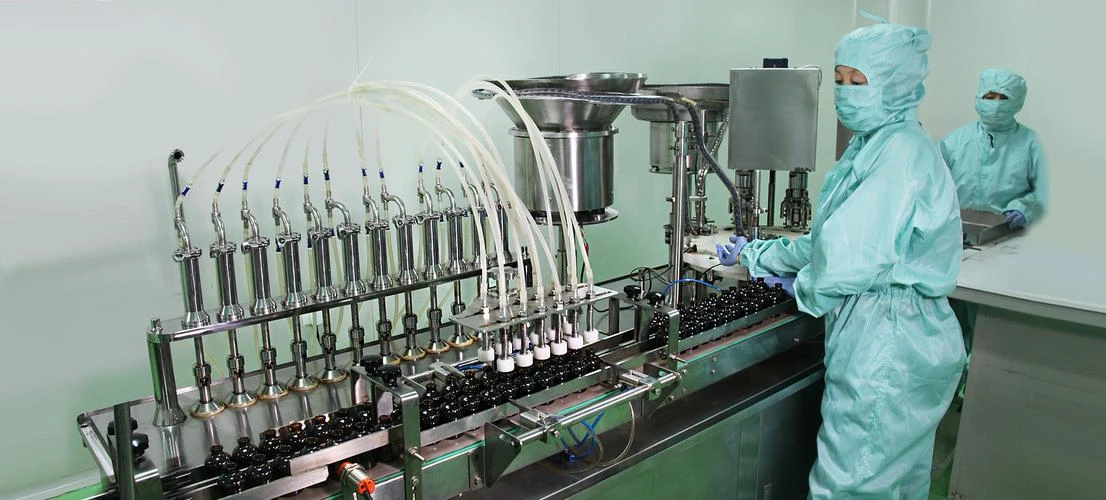- Afrikaans
- Albanian
- Amharic
- Arabic
- Armenian
- Azerbaijani
- Basque
- Belarusian
- Bengali
- Bosnian
- Bulgarian
- Catalan
- Cebuano
- Corsican
- Croatian
- Czech
- Danish
- Dutch
- English
- Esperanto
- Estonian
- Finnish
- French
- Frisian
- Galician
- Georgian
- German
- Greek
- Gujarati
- Haitian Creole
- hausa
- hawaiian
- Hebrew
- Hindi
- Miao
- Hungarian
- Icelandic
- igbo
- Indonesian
- irish
- Italian
- Japanese
- Javanese
- Kannada
- kazakh
- Khmer
- Rwandese
- Korean
- Kurdish
- Kyrgyz
- Lao
- Latin
- Latvian
- Lithuanian
- Luxembourgish
- Macedonian
- Malgashi
- Malay
- Malayalam
- Maltese
- Maori
- Marathi
- Mongolian
- Myanmar
- Nepali
- Norwegian
- Norwegian
- Occitan
- Pashto
- Persian
- Polish
- Portuguese
- Punjabi
- Romanian
- Russian
- Samoan
- Scottish Gaelic
- Serbian
- Sesotho
- Shona
- Sindhi
- Sinhala
- Slovak
- Slovenian
- Somali
- Spanish
- Sundanese
- Swahili
- Swedish
- Tagalog
- Tajik
- Tamil
- Tatar
- Telugu
- Thai
- Turkish
- Turkmen
- Ukrainian
- Urdu
- Uighur
- Uzbek
- Vietnamese
- Welsh
- Bantu
- Yiddish
- Yoruba
- Zulu
Tach . 23, 2024 20:00 Back to list
Ivermectin 1% Injectable Solutions for Effective Parasite Control in Livestock
Understanding Ivermectin 1% Injectable for Veterinary Use
Ivermectin is a widely recognized antiparasitic agent that has made significant contributions to veterinary medicine, particularly in the treatment of various parasitic infections in livestock and pets. Among the various forms available, the 1% injectable solution of ivermectin is commonly used due to its effectiveness, ease of administration, and broad spectrum of activity against a range of parasites.
What is Ivermectin?
Ivermectin belongs to a class of drugs known as macrocyclic lactones, which are derived from a bacterium called *Streptomyces avermitilis*. It operates through its ability to bind to certain channels in the nerve and muscle cells of parasites, causing paralysis and death of the organism. This action makes it highly effective against a variety of parasites, including nematodes (roundworms), arthropods (such as mites and lice), and certain ectoparasites.
Uses in Veterinary Medicine
Ivermectin 1% injectable is primarily used in large animals such as cattle, sheep, and pigs, but it can also be used in horses and dogs for specific parasitic infections. The injectable form is particularly beneficial in cases where oral medications may not be feasible, such as with animals that are uncooperative or have difficulty swallowing.
Some common uses of ivermectin in veterinary settings include
1. Nematode Infections Ivermectin effectively targets a variety of roundworms found in the gastrointestinal tract of livestock. It can be instrumental in controlling infections that may lead to reduced growth rates and overall poor health.
2. Ectoparasites It is also used to treat infestations of external parasites such as lice, mites, and ticks. This is especially crucial in maintaining animal health, as these parasites can lead to significant discomfort, inflammation, and secondary infections.
ivermectin 1 percent injectable

3. Heartworm Prevention In dogs, ivermectin is often used in heartworm preventive medications. When administered monthly, it provides protection against heartworm disease, which is transmitted by mosquito bites and can be fatal if left untreated.
Administration and Dosage
Ivermectin 1% injectable is generally administered subcutaneously or intramuscularly. The dosage will vary based on the type of animal and the specific parasitic infection being targeted. Veterinary professionals typically determine the exact dosage based on weight and health status, and it is crucial to adhere strictly to their recommendations to avoid underdosing or overdosing.
Safety and Side Effects
While ivermectin is considered safe for most animals, there are notable exceptions and precautions. Certain breeds of dogs, particularly herding breeds like Collies and Australian Shepherds, carry a genetic mutation that can lead to severe adverse reactions to ivermectin. Therefore, it is imperative to conduct a thorough health screening and genetic testing if needed before administration.
Possible side effects can include localized swelling at the injection site, lethargy, or gastrointestinal upset. In cases of overdose, symptoms may escalate to neurological issues such as tremors or seizures. Thus, careful adherence to recommended dosages and close observation of treated animals post-administration are crucial.
Conclusion
Ivermectin 1% injectable serves as a powerful tool in veterinary medicine, addressing a variety of parasitic infections effectively. Its convenience in administration and broad-spectrum activity make it a preferred choice for veterinarians worldwide. However, responsible use is essential, considering the specifics of each animal’s health and genetic background to ensure safety and efficacy. As with all medications, consulting with a qualified veterinarian is critical for optimal results and animal welfare.
-
Guide to Oxytetracycline Injection
NewsMar.27,2025
-
Guide to Colistin Sulphate
NewsMar.27,2025
-
Gentamicin Sulfate: Uses, Price, And Key Information
NewsMar.27,2025
-
Enrofloxacin Injection: Uses, Price, And Supplier Information
NewsMar.27,2025
-
Dexamethasone Sodium Phosphate Injection: Uses, Price, And Key Information
NewsMar.27,2025
-
Albendazole Tablet: Uses, Dosage, Cost, And Key Information
NewsMar.27,2025













